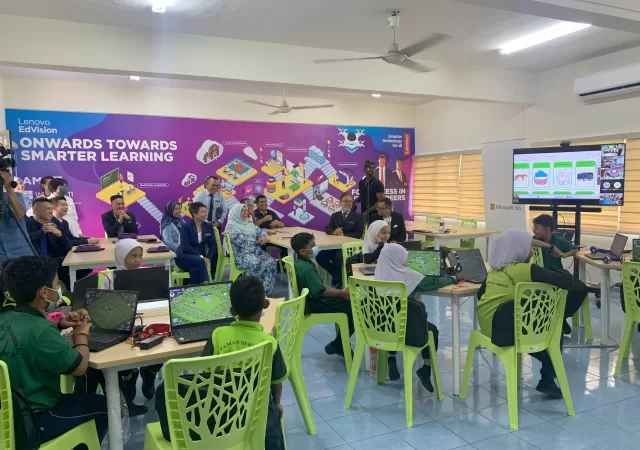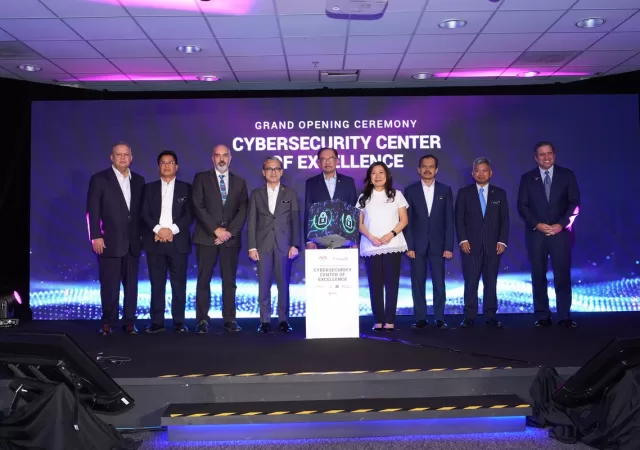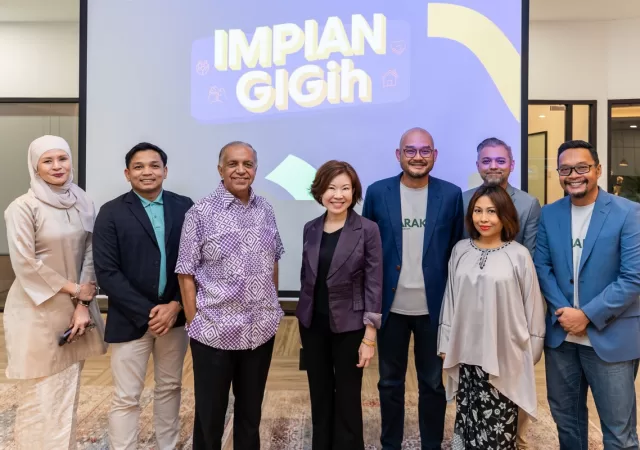In recent years, rapid technological advancement and shifting societal needs have evolved the educational landscape significantly. Technology now plays an integral part in revolutionising traditional learning methods, offering new avenues to enhance teaching and learning modes. Schools must comprehend and…
Upskill for the AI Era with Coursera’s Gen AI Academy
Coursera launches Gen AI Academy in Malaysia to help empower the workforce to drive the digital economy.
Unlocking Cost-Effective Data Management Solutions with Synology
Discover how Synology’s comprehensive data management solutions address the challenges of data storage and protection in today’s business landscape.
Canva Acquires Affinity Becoming A Viable Rival for Adobe’s Creative Suite
Canva is throwing down the gauntlet with its acquisition of Affinity. The new acquisition gives Canva access to professional tools that opens up its user base signifincantly.
Ninja Van Celebrates 9 Years with the Launch of Ninja Restock
Ninja Van is introducing a new service, Ninja Restock, in conjunction with its 9th anniversary. The new service is a natural evolution of the company’s logistics services but aims to disrupt the logistics arena with years of fast-paced e-commerce know-how.
BlackBerry CyberSecurity Centre of Excellence Launched in Malaysia
BlackBerry is probably a brand that most Millenials are familiar with. The first thing to come to mind is keyboard-laden smartphones with one of the most secure operating systems – BlackBerry OS. However, since the company’s unfortunate rounding up of…
GX Bank Champions Financial Inclusivity & Literacy This Ramadhan
Uncover how GX Bank is transforming the financial landscape through its Impian GIGih initiative, focused on the Gig economy and the B40 segment.
Cisco’s Acquisition of Splunk: A Game-Changer in Data Management and Security
Cisco makes a groundbreaking move with the USD$28 billion acquisition of Splunk. Learn how this deal will revolutionize data management and security.
Schneider Electric and NVIDIA Collaborate to Revolutionize Data Centre Infrastructure
Schneider Electric and NVIDIA join forces to push the boundaries of innovation in data center infrastructure. Explore the future of AI and digital twin technologies.
VAST Data Expands into the APJ Region with Singapore Headquarters
VAST Data enters the APJ region with the launch of its Singapore headquarters with a vision to bring AI-driven solutions to the region.

















